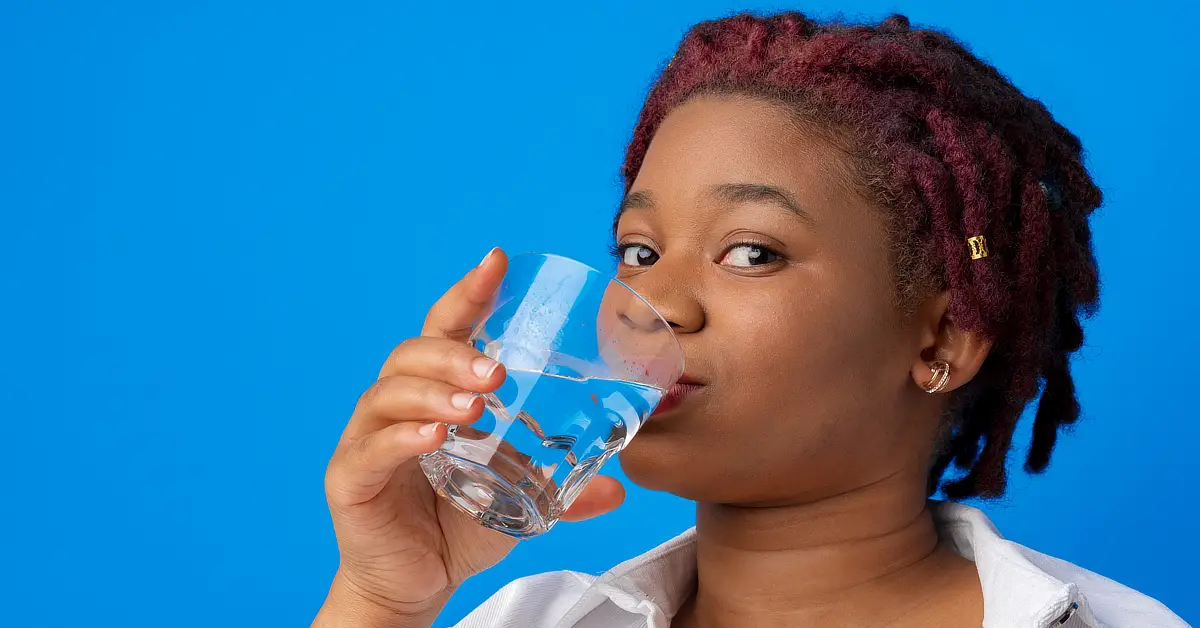A urinary tract infection (UTI) is an infection in any part of the urinary system. This could be the kidneys, ureters, bladder or urethra. Most infections however involve the lower urinary tract that is the bladder and the urethra.
UTIs are commoner in women than in men, occurring mainly in the bladder and urethra. Many women experience more than one infection during their lifetime. In men UTIs are rare. When men contract a UTI it infects the same organs and areas as in women. For men however the prostate is also at risk of infection.
Infection limited to the bladder and urethra can be painful and annoying but may not be serious. More serious infections with serious consequences can occur if a UTI spreads to the kidneys.
Causes
Urinary Tract Infections typically occur when bacteria enter the urinary tract through the urethra and begin to multiply in the bladder. These are usually bacteria that live in the vagina, genital and anal areas.
Bacteria can enter the urinary tract during sexual activity when bacteria from your partner’s genitals, anus, fingers or sex toys get pushed into your urethra. This is not to say UTIs are spread from one person to another like sexually transmitted diseases (STDs) but sexual activity can lead to or worsen UTIs. Again you do not have to have sex to get a UTI. Anything that brings bacteria in contact with your urethra can cause a UTI.
Although the urinary system is designed to keep out bacteria these defenses sometimes fail. When that happens bacteria may take hold and grow into a full blown infection in the urinary tract.
Risk factors
People of any age and either sex can develop a UTI. However some people are more at risk than others.
Factors that can increase your likelihood of developing a UTI include sexual intercourse, especially if it is frequent, intense and with multiple or new partners. Other factors include diabetes, poor personal hygiene, problems emptying the bladder completely, having a urinary catheter, bowel incontinence, blocked flow of urine and kidney stones.
Symptoms
UTIs do not always cause signs and symptoms but people who have experienced a UTI have complained of a strong and persistent urge to urinate. You will feel like you want to pee all the time even if you have just done so.
Other symptoms include a burning sensation when urinating, sense of incomplete bladder emptying, cloudy urine, urine that appears red, bright pink or cola-coloured, a foul smelling urine, pain during urination or during sexual intercourse, nausea and vomiting, muscle aches and abdominal pains, as well as soreness and pressure or cramps in your lower belly, back or sides.
An infection that has spread to the kidneys may cause back pain, nausea, vomiting, fever, chills and a feeling of being tired. Kidney infections are serious and will need to be treated as soon as possible.
Treatment
The type of medication and length of treatment for a UTI will depend on the symptoms and medical history of the individual.
Doctors typically treat urinary tract infections with antibiotics as the first line of treatment. The full course of treatment should always be completed for UTIs to make sure that the infection has fully cleared up and to reduce the risk of antibiotic resistance. UTI symptoms can disappear before the infection has completely gone, so it may be tempting to stop treatment once the symptoms have gone.
A variety of pain relief medications may be prescribed to alleviate pain. Which drugs are prescribed and for how long will depend on your health condition and the type of bacteria found in your urine.
For a severe UTI you may need treatment with intravenous antibiotics in a hospital.
When treated promptly and properly lower urinary tract infections rarely lead to complications. They can usually be cured within two to three days of treatment. Left untreated a urinary tract infection can spread and cause a kidney infection that may have serious consequences.
Complications of a UTI may include recurrent infections, especially in women who experience two or more UTIs within a six month period or four or more in a year. An untreated UTI may lead to permanent kidney damage from an acute or chronic kidney infection, an increased risk in pregnant women of delivering low birth weight or premature babies and the narrowing of the urethra in men.
At home there are steps you can take to ease your discomfort until antibiotics treat the infection. Drink a lot of fluids and urinate frequently to help flush out bacteria.
Avoid drinks that may irritate your bladder such as coffee, alcohol and soft drinks containing citrus juices or caffeine until your infection has cleared. Apply a warm heating pad to your abdomen to minimise bladder pressure or discomfort.
Prevention
There are steps you can take to reduce your chances of acquiring a UTI. Drink plenty of liquids especially water. Drinking water helps dilute your urine and ensures that you will urinate more frequently, thus allowing bacteria to be flushed from your urinary tract before an infection can begin.
Avoid fluids such as alcohol and caffeine that can irritate the bladder.
Wipe from front to back. Doing so after urinating and after a bowel movement helps prevent bacteria in the anal region from spreading to the vagina and the urethra. Also exercise personal hygiene and try to keep the genital area clean. Consider taking a shower instead of a bath. Avoid using oils.
Empty your bladder soon after sexual intercourse. Also drink a full glass of water to help flush out bacteria.
Avoid potentially irritating feminine products. Using deodorised sprays or other feminine products such as douches and powders in the genital area can irritate the urethra.
Wear cotton underwear and loose-fitting clothing to keep the area around the urethra dry.





